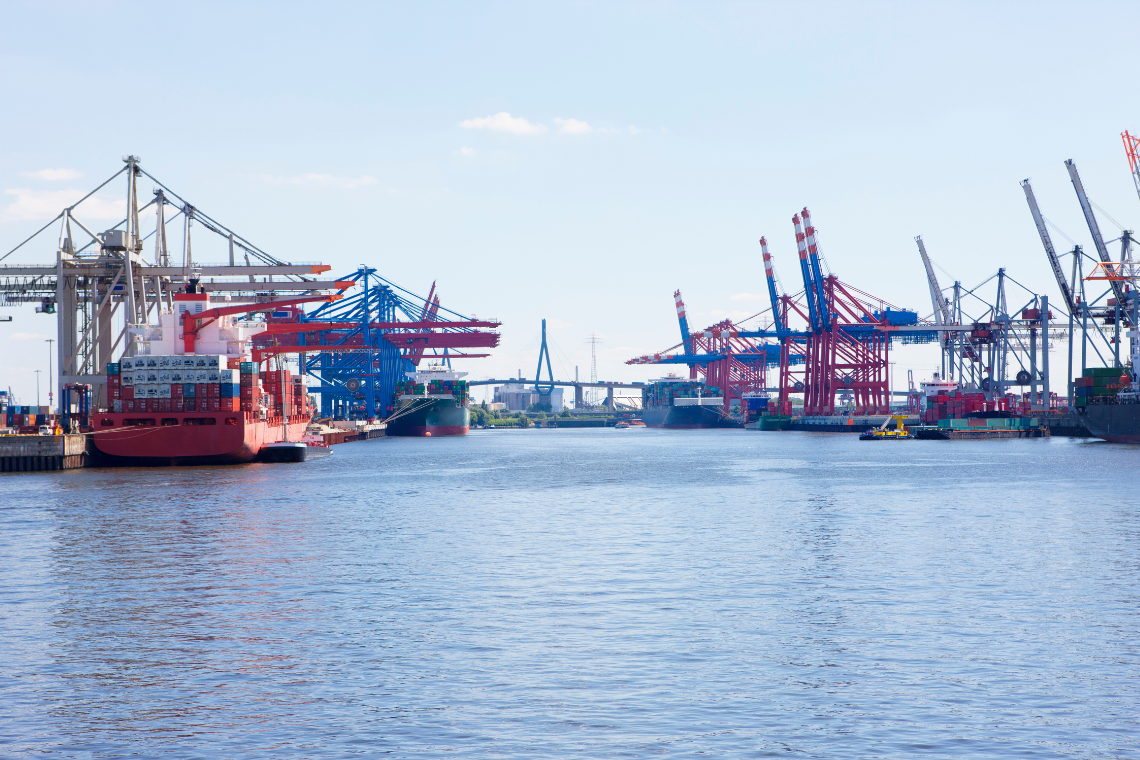Critical Infrastructure
Cybersecurity and national port strategy

After a draft bill was circulated in December last year, the cabinet approved the National Ports Strategy on Wednesday. The aim was to support the federal states in advancing the ports, said Federal Transport Minister Volker Wissing (FDP) in Berlin on Wednesday: “With 139 measures, we want to ensure that our ports become resilient and digital. We need our seaports,” said Wissing. They are important for exports and for energy policy issues.
Security naturally also plays a role in the document. It is divided into a strategy section and a measures section with currently 139 measures that are the responsibility of the federal government, the federal states and the port industry. It will be continuously developed and updated, and the measures are subject to the availability of budget funds, as the document states – without being more specific. Among other things, the strategy states that ports must be protected against physical and cyber attacks. This applies all the more in view of the geopolitical turning point. The draft states that this requires regular risk analyses by port operators and supervisory authorities: “They shall implement the identified risk management measures without delay.” On the port side, flexible and effective structures must be created to counter cyber risks and hybrid attacks, and cybersecurity measures must be taken, implemented and proven – even now in accordance with existing legislation and in future, for example, in accordance with the Kritis umbrella law. with dpa
By Johannes Steger, Editorial Director at Tagesspiegel Background
**This article is only available in German**
CRITICAL infrastructure
Questions about the article?
